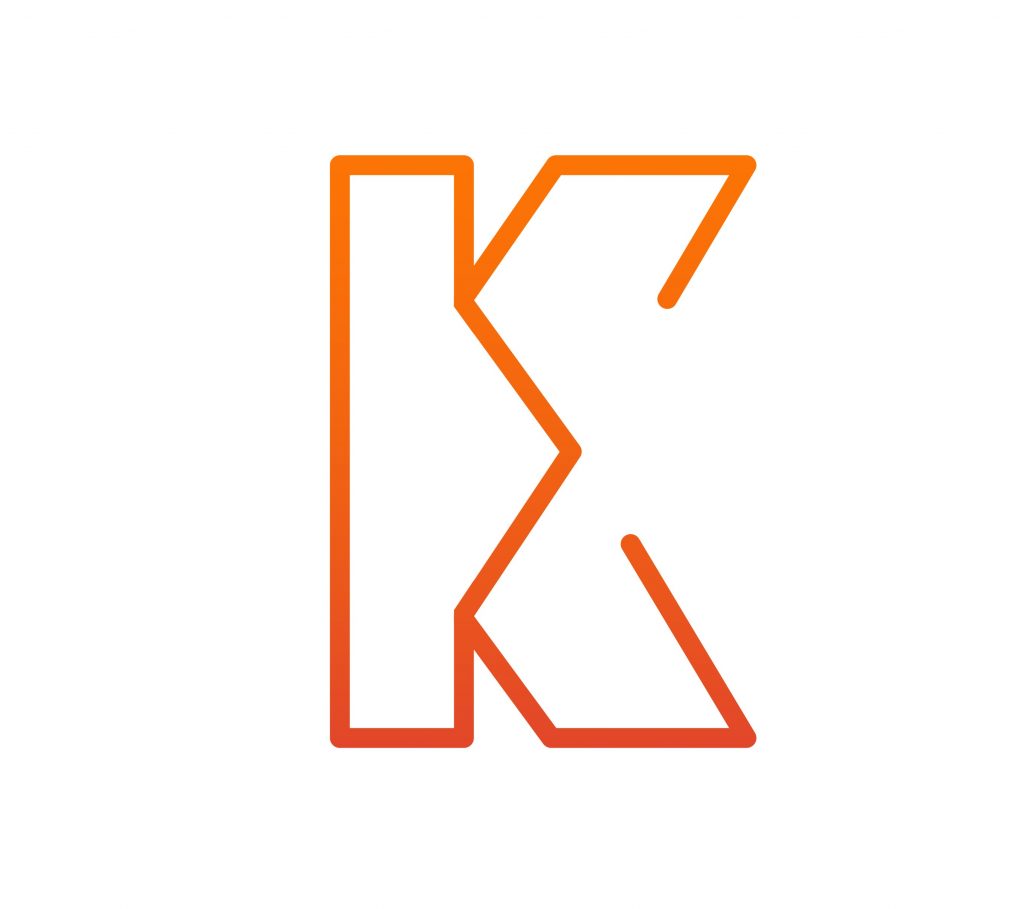The healthcare industry is undergoing a transformational change, with artificial intelligence (AI) emerging as a key enabler in this journey. From detecting tumors to identifying rare genetic diseases, AI has the potential to revolutionize the healthcare industry by providing faster and more accurate diagnoses.
However, for AI to be effective in healthcare, it needs to be trained on large datasets of high-quality medical data that are properly annotated.
What is Medical Data Annotation?
Medical data annotation is the process of labeling medical data to make it usable for AI algorithms. This involves tagging images, videos, and other forms of medical data with relevant information such as diagnoses, symptoms, and treatment plans.
By providing annotated medical data, AI algorithms can learn to recognize patterns and make predictions with a higher degree of accuracy. This, in turn, can lead to more effective diagnoses, treatments, and ultimately, better patient outcomes.
Why is Medical Data Annotation Important for AI in Healthcare?
Medical data annotation is essential for AI in healthcare because it allows algorithms to learn from the vast amounts of medical data that are being generated every day. With the help of annotated data, AI algorithms can identify patterns and correlations that might not be visible to the human eye, leading to more accurate diagnoses and treatments.
For example, annotated medical images can be used to train AI algorithms to identify tumors and other abnormalities in X-rays, CT scans, and MRIs with high accuracy. Similarly, annotated medical records can be used to predict patient outcomes and help doctors develop personalized treatment plans.
Challenges of Medical Data Annotation
Medical data annotation presents unique challenges compared to other types of data annotation. One of the biggest challenges is ensuring data quality. Medical data can be complex and nuanced, and annotators need to have specialized knowledge to accurately label it. Additionally, medical data annotation requires adherence to strict privacy regulations to protect patient confidentiality and comply with HIPAA regulations.
Another challenge of medical data annotation is the need for ongoing annotation as new data is generated. Medical knowledge and terminology are constantly evolving, and AI models need to be updated with new data to remain effective.
The Role of Data Annotation Service Providers
Given the challenges associated with medical data annotation, many healthcare providers turn to data annotation service providers like Kotwel. These companies specialize in providing high-quality and reliable data annotation services, using experienced annotators with specialized medical knowledge and expertise.
Data annotation service providers can also help to ensure data quality by implementing rigorous quality control measures and providing ongoing support and training for their annotators. This can help healthcare providers to build more accurate and reliable AI models that can improve patient outcomes.
Why Choose Kotwel for Medical Data Annotation?
At Kotwel, we understand the importance of high-quality annotated medical data for AI algorithms in healthcare. That's why we offer a range of data annotation services specifically tailored for the healthcare industry.
Our team of experts is skilled in working with various medical data formats, including images, videos, and records. We use advanced annotation tools and techniques to ensure that our annotations are accurate and consistent, and we follow strict quality control protocols to ensure that our annotations meet the highest standards of quality.
Whether you need annotations for radiology, pathology, or any other medical field, our team has the expertise to provide you with the highest quality annotated medical data to help train your AI algorithms.
Kotwel is a reliable data service provider, offering custom AI solutions and high-quality AI training data for companies worldwide. Data services at Kotwel include data collection, data annotation and data validation that help get more out of your algorithms by generating, labeling and validating unique and high-quality training data, specifically tailored to your needs.



